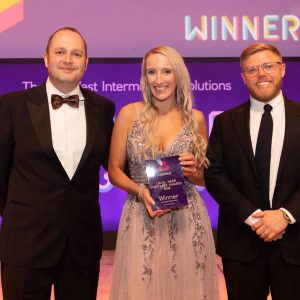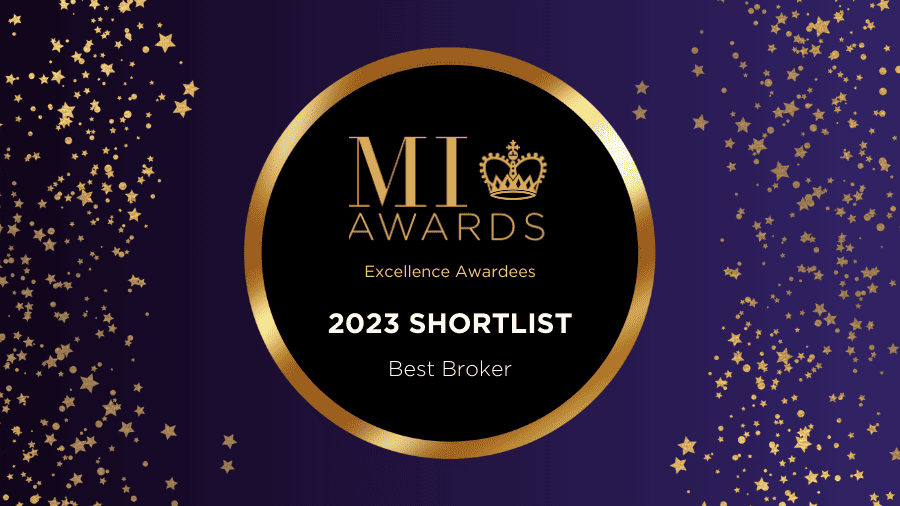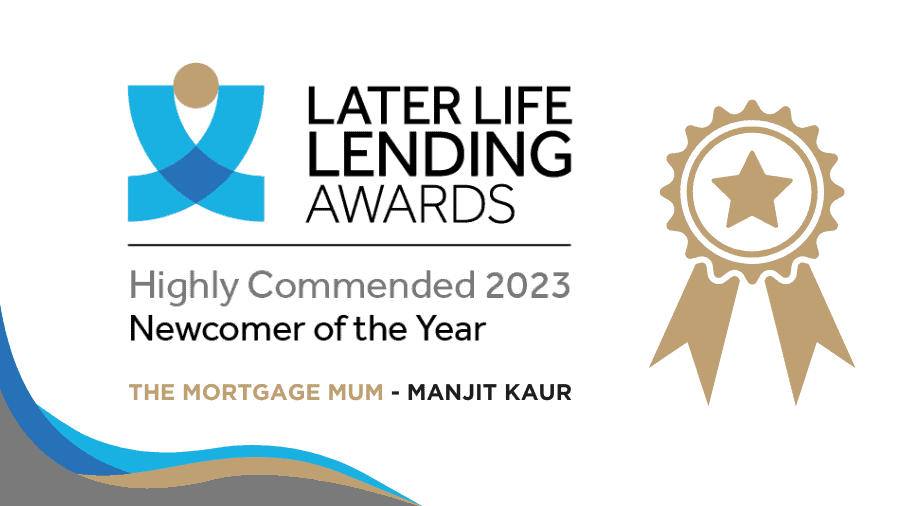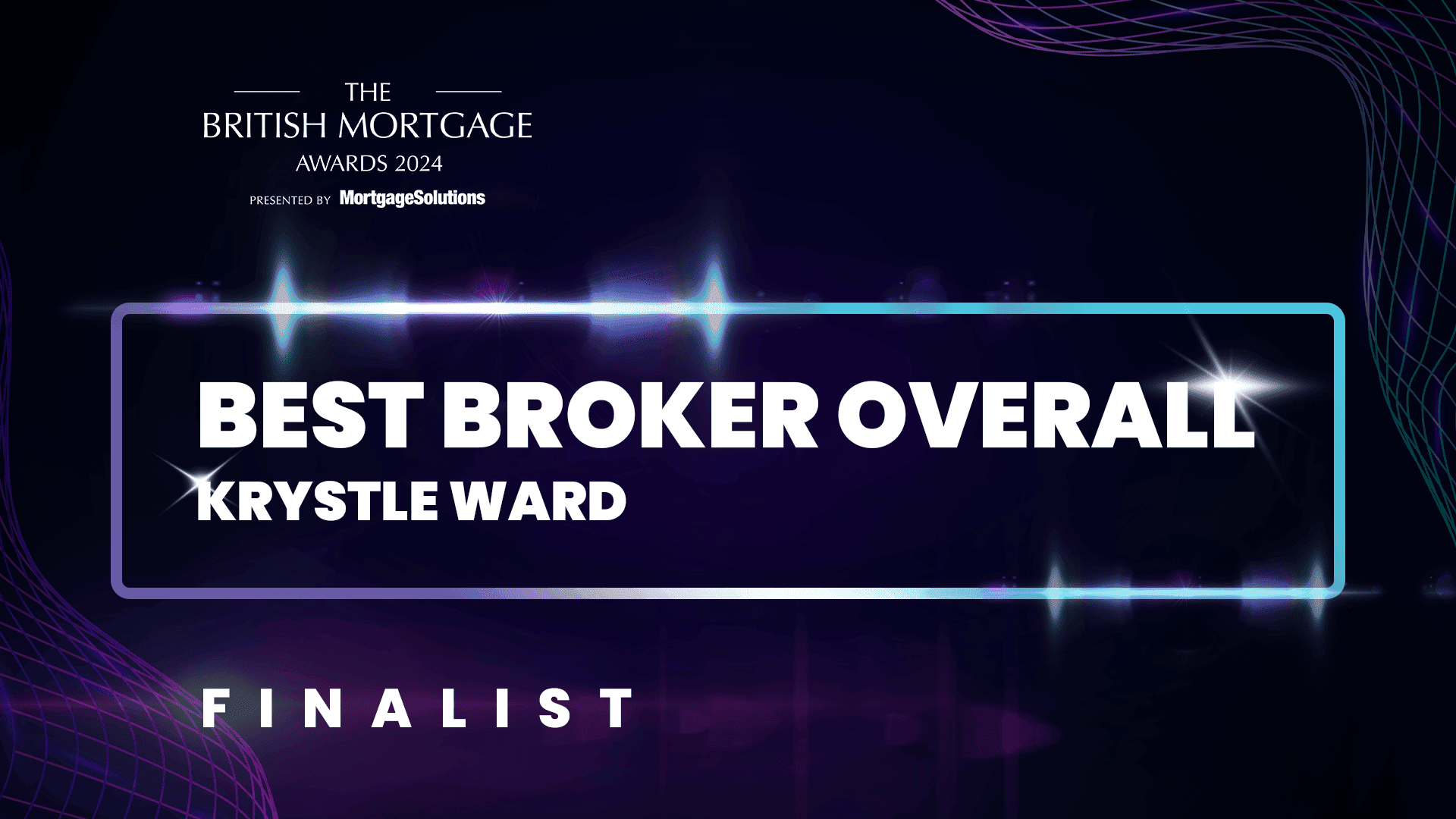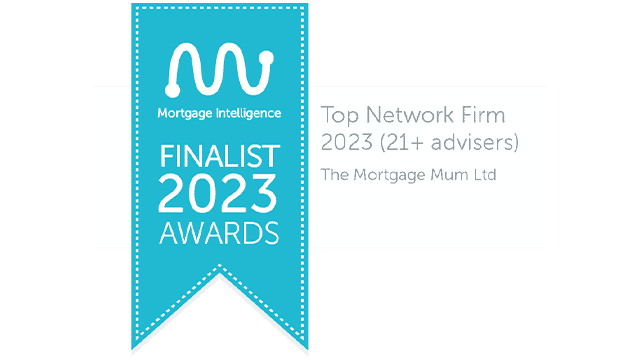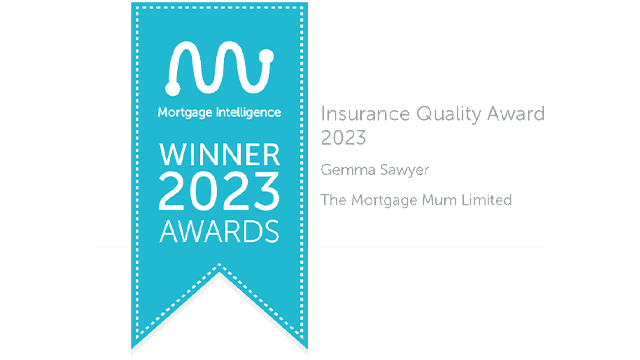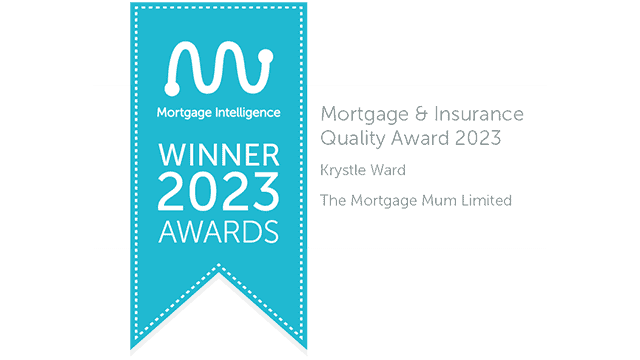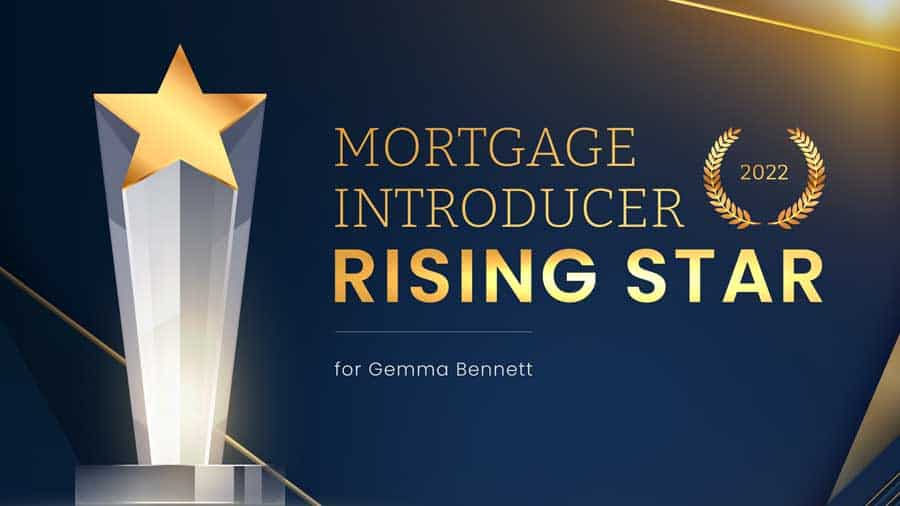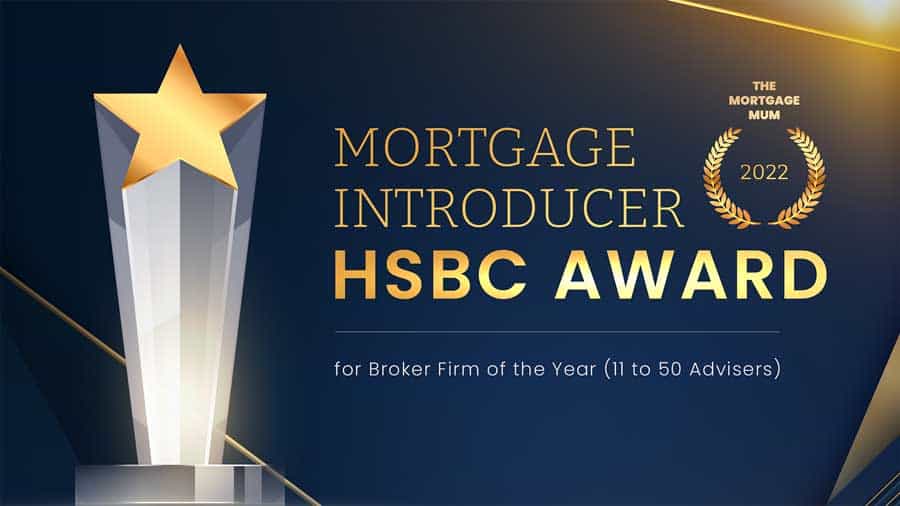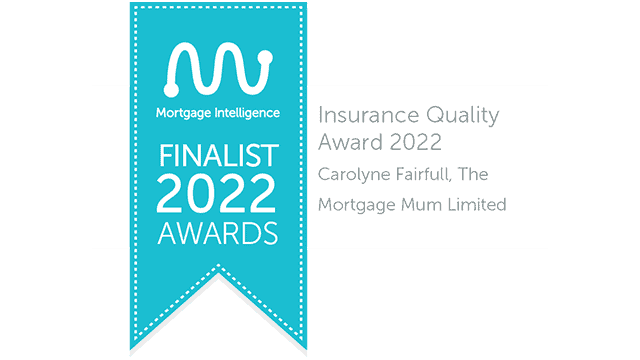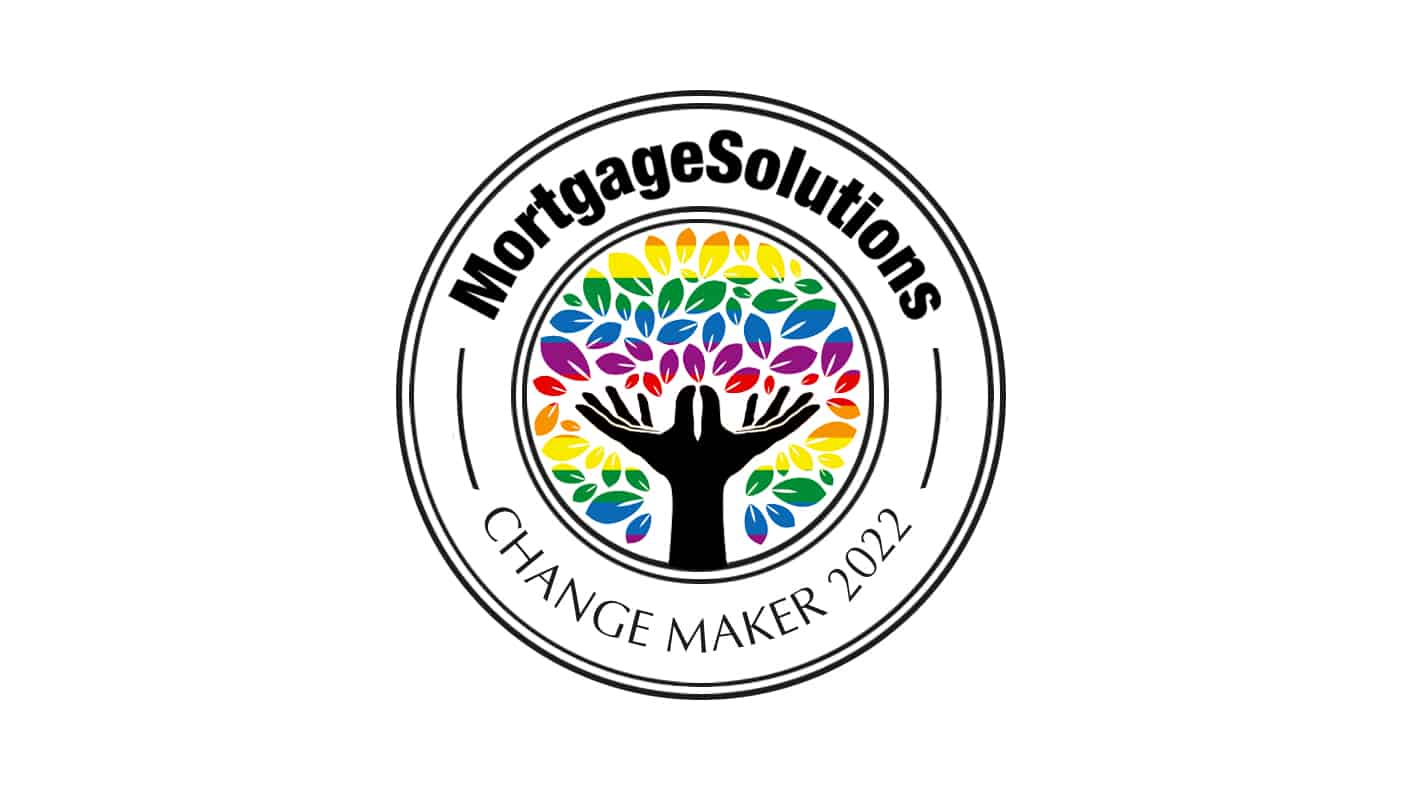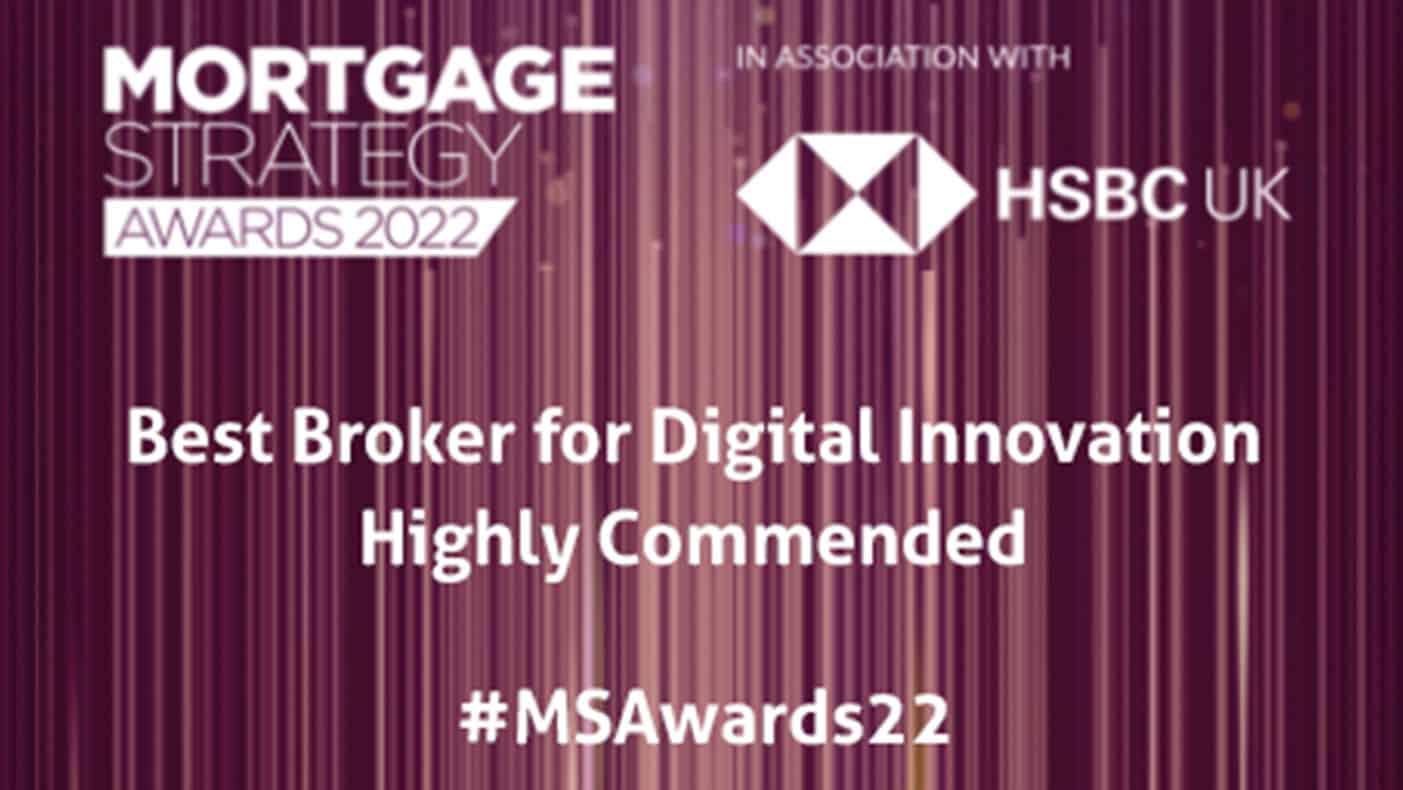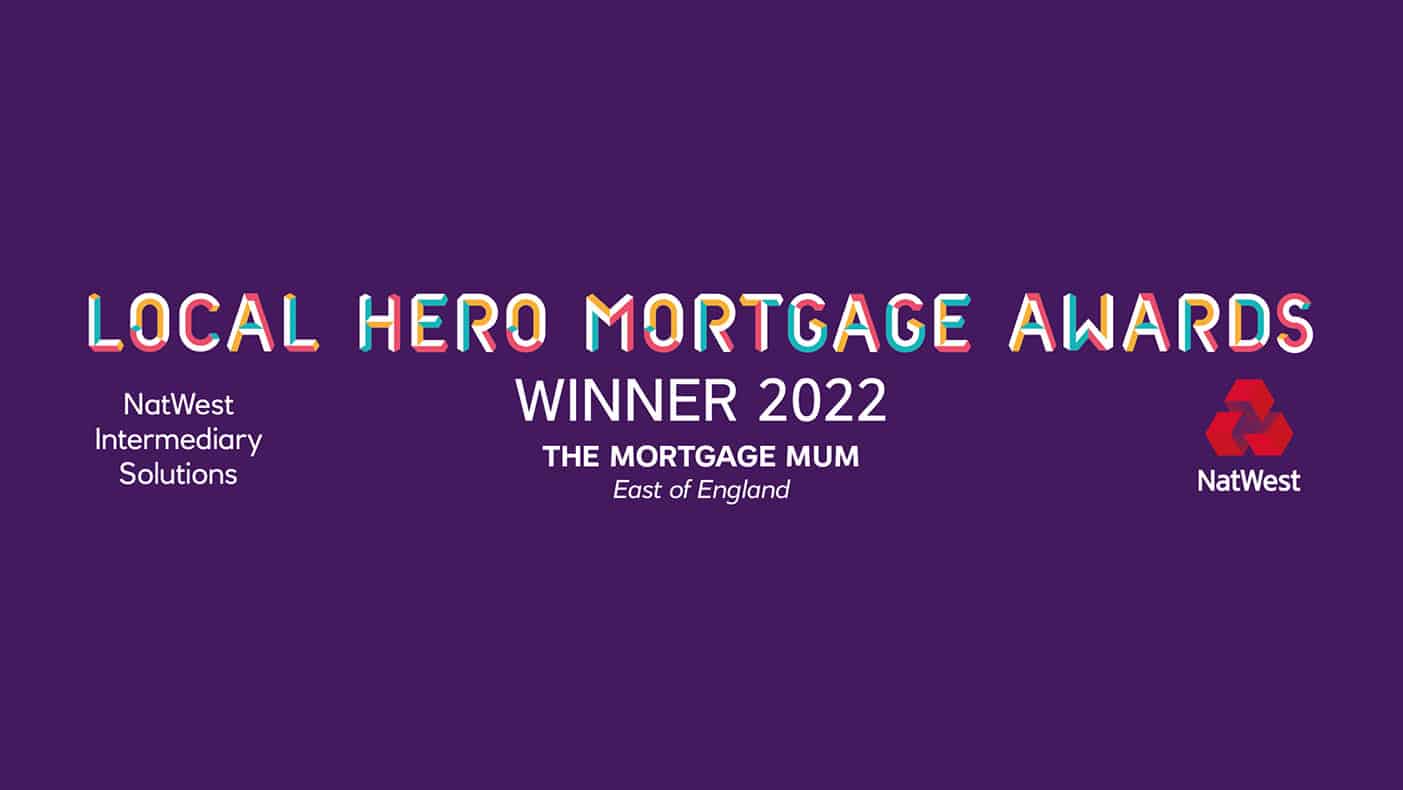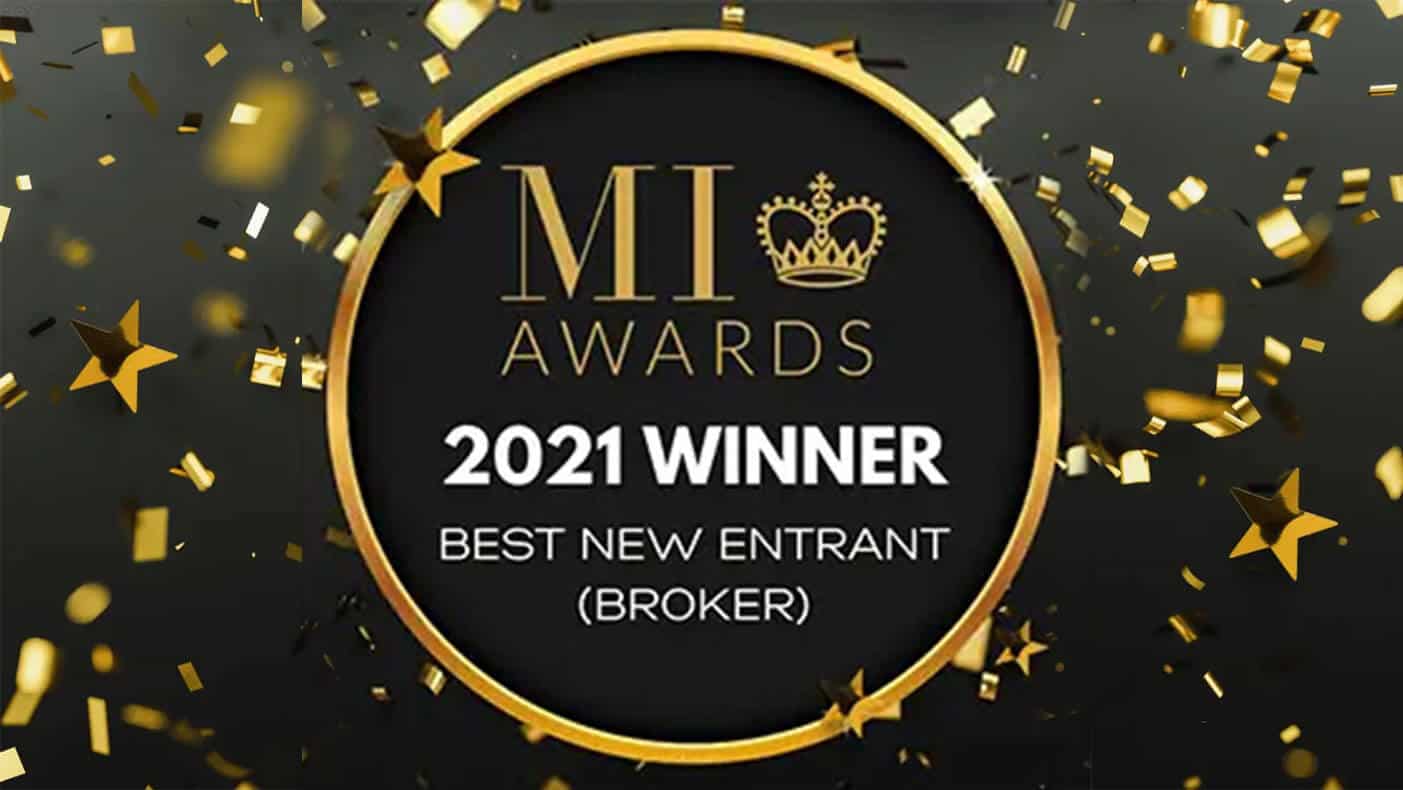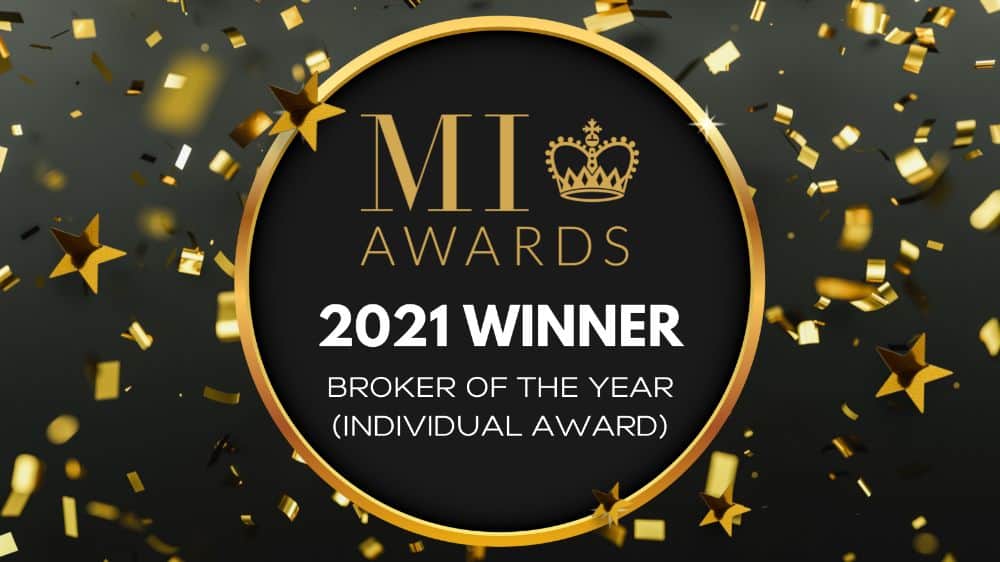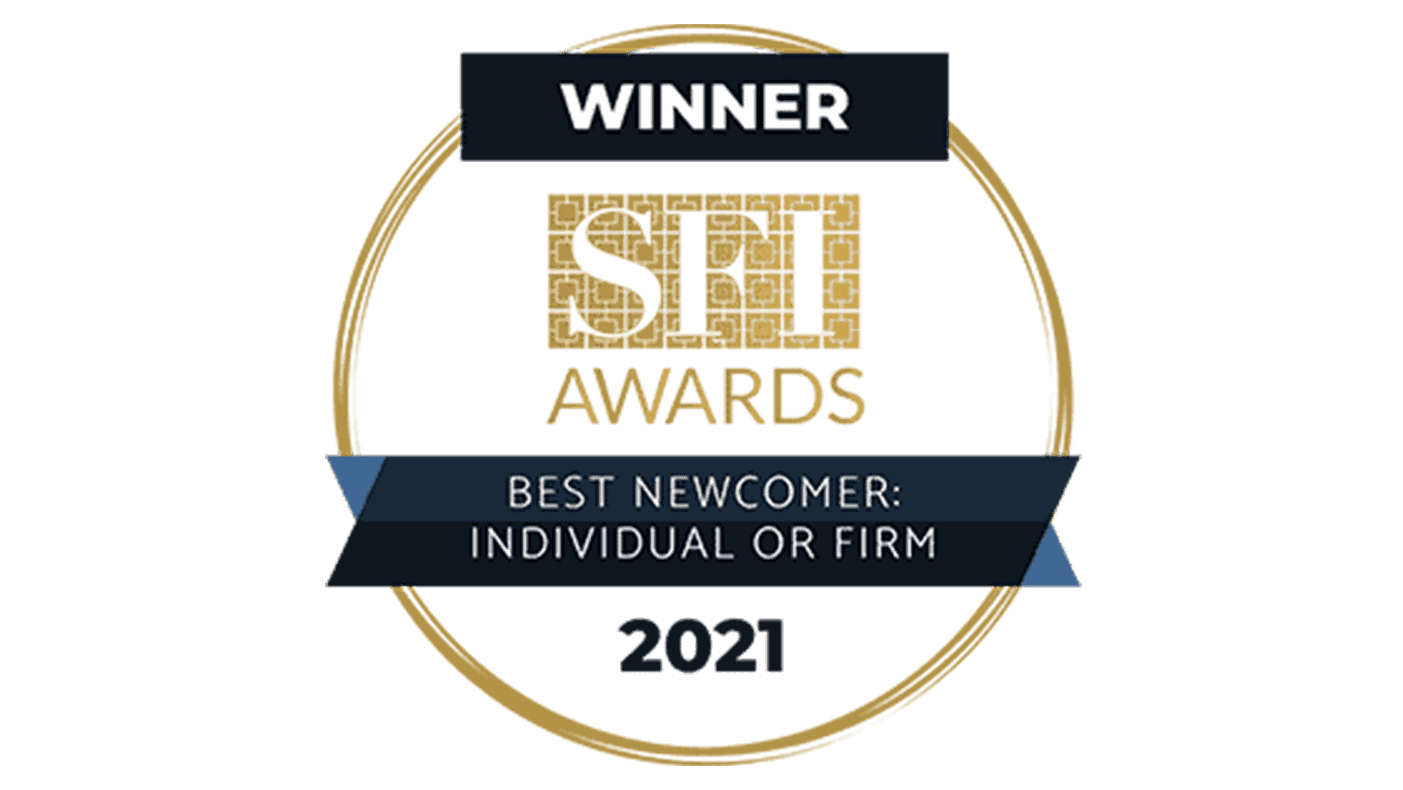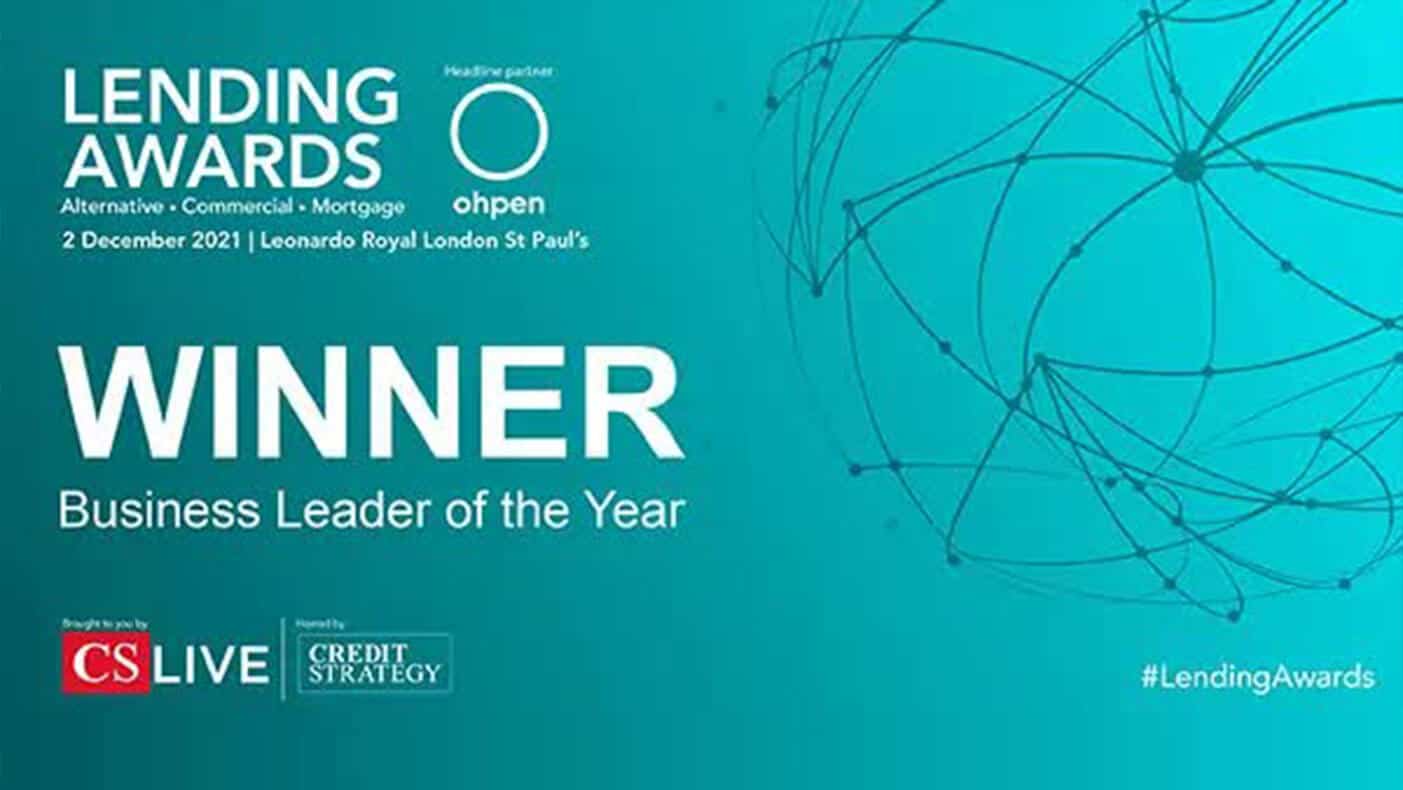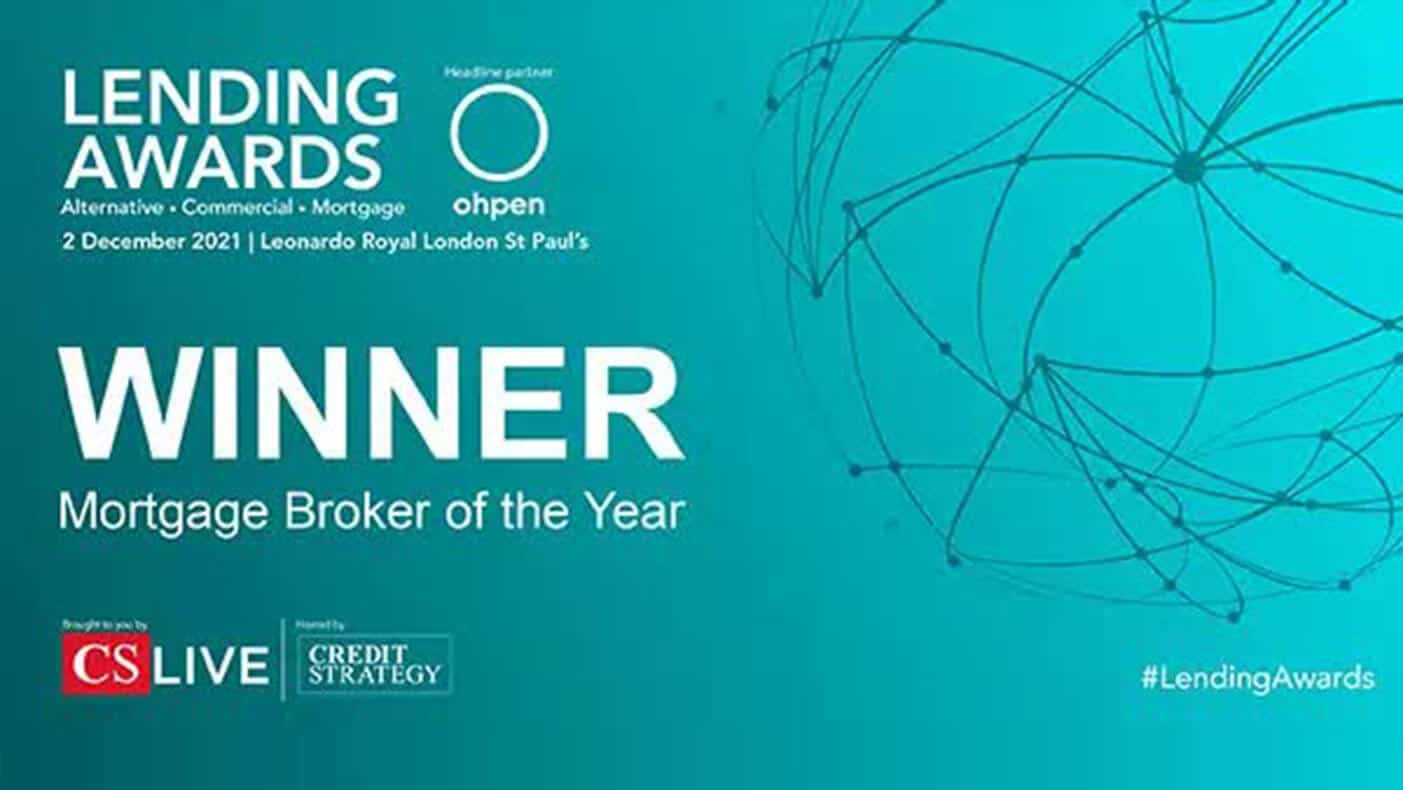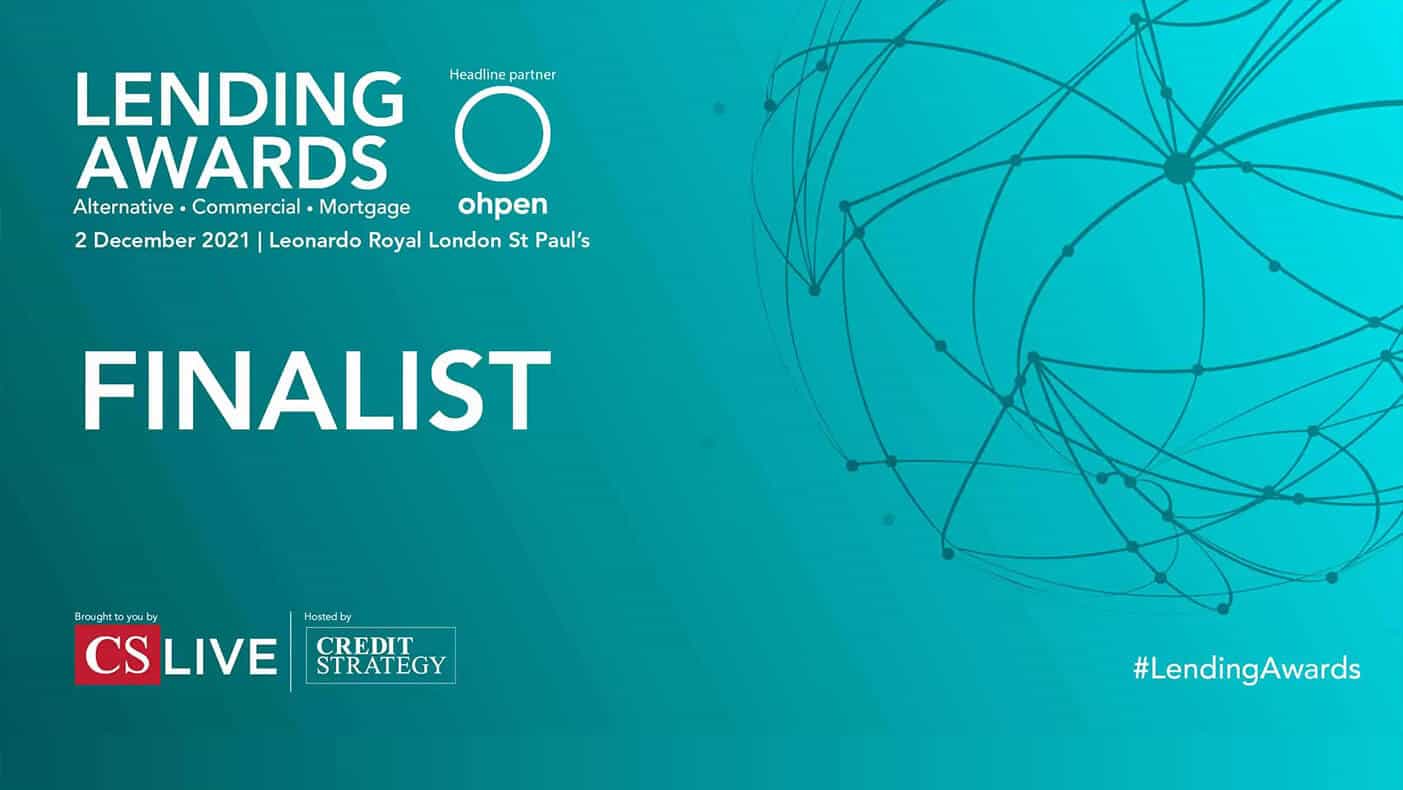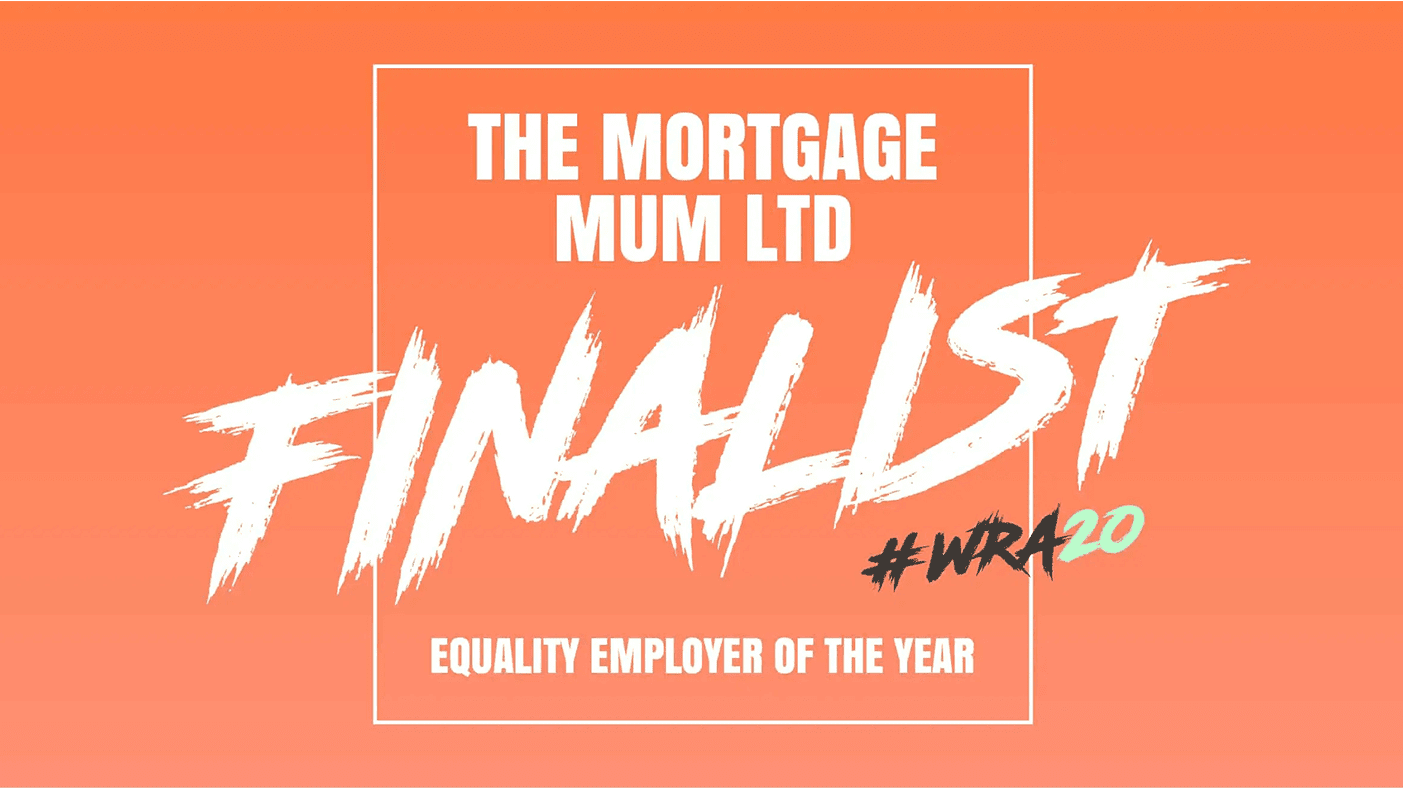What income do mortgage companies look at for the Self-Employed?
- Multi- Award winning team
- Wide range of lenders
- Bespoke service, tailored to you
- Available at all hours, including after bath time!
Get in touch for an initial free, no obligation chat with an advisor about how we might be able to help.

Get in Touch
Home » Self-Employed Mortgages » What income do mortgage companies look at for the Self-Employed?
What Income do Mortgage Companies look at for the Self-employed?
What counts as self-employed?
If you are self-employed and earn more than 25% of your overall income through some form of self-employment, then you will be able to use that income to support your mortgage application.The following are considered as self-employed business activities for the purposes of a mortgage application.
- Limited Company Director
- Partner – owning more than a 25% share of the business
- Sole Trader/ Freelancer
- Contractor
Although many self-employed roles provide high earnings, especially for business owners, the fluctuation in this income makes it more difficult for lenders to establish a stable income pattern for self-employed workers, which is why you will need to evidence your income more substantially than employed borrowers do.
Proving your income
The majority of Mortgage Lenders will want to calculate an average income over the past two to three years, in order to establish a balanced income picture for you. There are lenders who will accept just the most recent year’s earnings in some circumstances, so it’s worth having a conversation with us, should you have a shorter income history.
How your income is assessed will then differ slightly, depending on the type of self-employed business activity you carry out, as per the below explanations:
Proving your income as a Sole Trader
Sole Trader or Freelance income will be assessed on their annual income, usually over two to three years, in order that an average can be established. In order to determine this information, Mortgage Lenders will need your:
- Certified accounts
- SA302 self assessments
- Tax year overview and tax year calculation
Proving your Income as a Company Director
Most Mortgage Lenders use a Limited Company Director’s personal salary and dividends to establish an average income, although there are some lenders who will also consider your net business profits.
If you are a partner with a share of over 25% of the business, then your share of the net profits are used. For business owners, the following is usually required to prove income from:
- Finalised accounts (authorised by a certified accountant)
- SA302 forms
- Business banking statements
- Some lenders may ask for additional information to evidence the stability of your business, particularly if you have a short trading history. This could be a business plan etc
Proving your income as a Contractor
Some lenders will use your tax returns to establish your annual income over a few years, whilst others may work with an annualised version of your day-rate, if that’s how you are paid. Evidence will depend on your income style and is likely to include:
- Certified accounts and SA302s
- Proof of your contracted day-rate
- Confirmation of continued work availability, contracts etc
Do Self-Certified Mortgages still exist?
Self Certification mortgages were banned by the Financial Conduct Authority in 2009 following unprofessional lending practices leading to Self-Employed people borrowing more than they could afford to repay. Mortgage Lenders are now obliged to seek substantial proof of income for all applicants.
Speak to an expert
We will work at times that suit you and your family, carrying out appointments via video call, telephone or email, giving you the benefit of first class service, around your own schedule, and in the comfort of your own home. So let us handle your mortgage today and find out how well we can look after you, The Mortgage Mum way!
How do you go about getting a mortgage if you are self-employed?
There is still a stigma surrounding the difficulty self-employed mortgage applicants have in obtaining a mortgage offer, despite the vast majority of lenders accepting self-employed applicants.
In reality, so long as you are financially prepared and can satisfactorily evidence your income, it is no more difficult for a self-employed applicant than it is for a more traditionally employed applicant.
How do I improve my chances of my mortgage application being approved?
Here are some tips that will help you with your financial preparation before applying for a mortgage.
- Ensure all accounts are authorised by a certified accountant
- Save more than the minimum deposit requirement
- Work on improving your credit rating here are some tips to increase your credit score
- Make sure you appear on the electoral roll at your current address
- Correct Information on your credit file as necessary ie addresses, ex-partner details
- Maintain current bills and ensure creditors are paid on time
- Reduce the use of existing credit facilities
Speak to The Mortgage Mum
Our Mortgage Brokers, here at The Mortgage Mum, will help you to prepare in advance of your application and ensure that you contact the right type of lender for your particular style of self-employed business.
We’ll use our comprehensive knowledge of lender criteria to match your circumstances and requirements to the most appropriate lender and product, saving you time, money and the potential for an undesirable outcome.
YOUR HOME MAY BE REPOSSESSED IF YOU DO NOT KEEP UP REPAYMENTS ON YOUR MORTGAGE.
Useful Links
- Self-Employed Mortgages
- Limited Company Director Mortgages
- Self-Employed Mortgages with One Years’ Accounts
- Buy to Let Mortgages for the Self-Employed
- Documents Needed for a Self-Employed Mortgage
- Joint Mortgage When one Applicant is Self-Employed
- What income do mortgage companies look at for the Self-Employed?
- Are Self-Cert Mortgages Still Available?
Why The Mortgage Mum
- We're a team of mums who understand the juggle
- We're all expert advisers with a wealth of experience
- We work around you and your schedule
- We're here to make the mortgage journey easier for you









